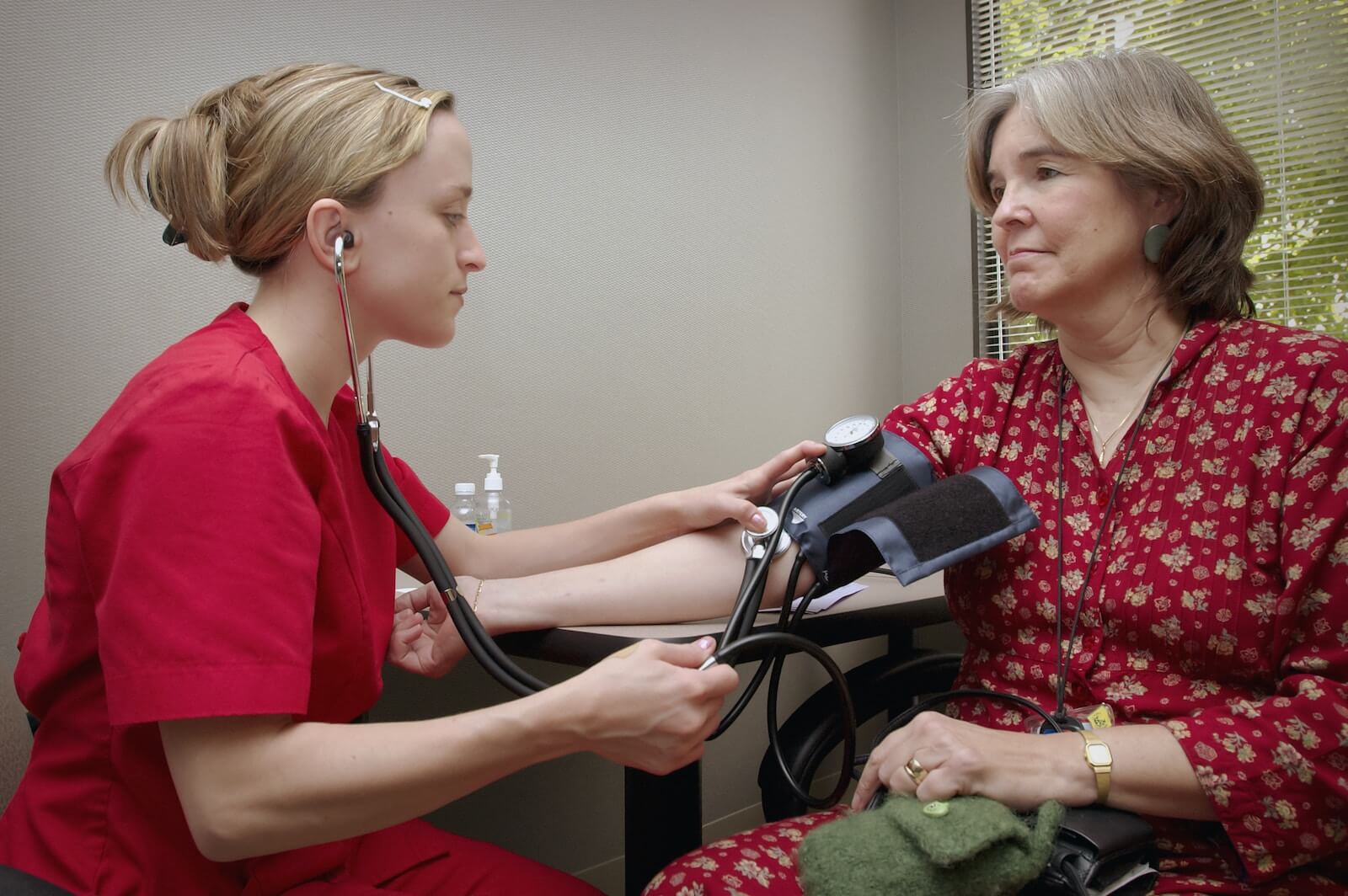WASHINGTON — Probiotics could potentially become a trailblazing treatment for those who suffer from high blood pressure. Around 40 percent of adults worldwide grapple with hypertension, which poses a significant risk for cardiovascular diseases and other health complications. Previous research has pointed to probiotics as a potential way to combat this issue, but the mechanics behind how gut bacteria influence blood pressure remain somewhat mysterious.
A recent study from researchers in China has shed light on this intriguing link and introduced two new probiotic strains that could have antihypertensive properties. Through experiments on hypertensive mice, scientists discovered that the administration of two specific probiotics, namely Bifidobacterium lactis and Lactobacillus rhamnosus, effectively normalized blood pressure levels. Researchers delved into the changes in the gut microbiota that these probiotics triggered, revealing specific microbes and metabolic pathways that might account for their protective effects.
“Accumulated evidence supports an antihypertensive effect of probiotics and probiotic fermented foods in both in vitro and in vivo experiments,” says computational biologist Dr. Jun Li from the City University of Hong Kong in a media release. “So we believed that the dietary intake of probiotic foods would well supplement traditional hypertension treatment.”
Prior research has linked the global rise in hypertension to increased sugar consumption. Sugar appears to elevate blood pressure through various mechanisms, such as heightened insulin resistance or salt retention. However, in recent years, scientists have turned their attention to sugar’s impact on the gut microbiome.

In their new study, researchers tested the two probiotic strains on mice that had developed high blood pressure due to their consumption of water infused with fructose, a type of sugar. Over a span of 16 weeks, they monitored the mice’s blood pressure levels every four weeks. The results were compelling: mice exposed to fructose and treated with either probiotic exhibited significantly lower blood pressure than those on a high-fructose diet without probiotic intervention.
There was no discernible difference in blood pressure readings between fructose-fed mice receiving probiotics and a control group of mice consuming only water. This suggests that probiotic interventions could effectively maintain blood pressure at normal levels, according to Dr. Li.
To explore the connection between the altered gut microbiota and the changes in blood pressure, the researchers employed shotgun metagenomic sequencing. They observed that a high-fructose diet led to an increase in Bacteroidetes bacteria and a decrease in Firmicutes bacteria in the mice’s gut. The introduction of probiotics, though, restored these bacterial populations to levels resembling the control group. Their analysis unveiled new microbial signatures associated with blood pressure regulation, including increased levels of Lawsonia and Pyrolobus bacteria and decreased levels of Alistipes and Alloprevotella.
Researchers are now gearing up for a large-scale clinical trial to determine if the protective effects of probiotics extend to individuals with hypertension.
“Probiotics present a promising avenue in preventive medicine, offering potential in regulating hypertension and reshaping our approach to cardiovascular health,” notes microbiologist Dr. Zhihong Sun, at Inner Mongolia Agricultural University.
The study is published in the journal mSystems.
You might also be interested in:
- Best Blood Pressure Monitors: Top 5 Devices Recommended By Expert Websites
- Best Probiotic Supplements: Top 5 Gut Health Products Most Recommended By Experts
- Best Prebiotics: Scientists Name Top 5 Foods For Your Gut Microbiome
- Prebiotics, Probiotics, Postbiotics: What Are They And Why Do We Need Them?


Call me when you’ve done a study on actual humans.